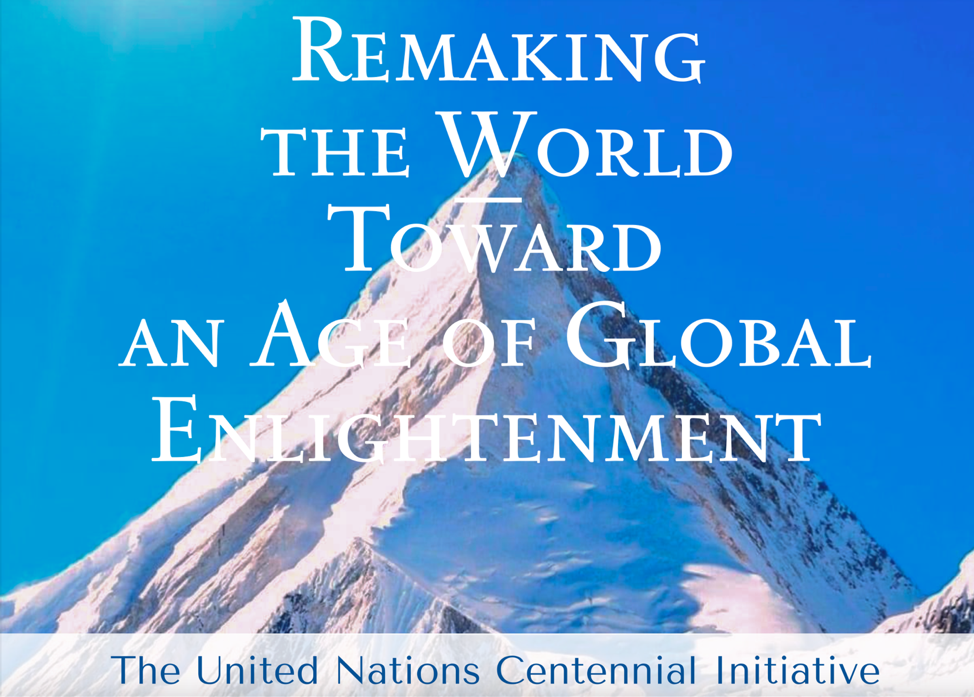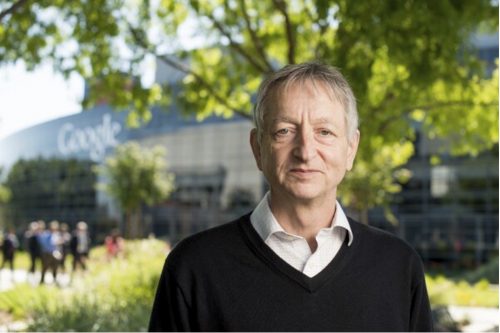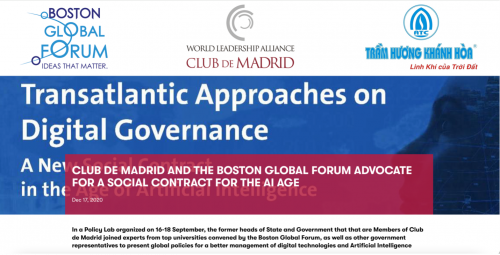The Global Enlightenment Economy is rooted in the belief that economic growth and development should serve the needs of all people, not just the privileged few. It is based on the principle that economic prosperity should be shared and that economic systems should be designed to promote the well-being of all citizens, rather than just a select few. It supports and helps every citizen to become innovators.
One of pillars of Global Enlightenment Economy is Data Economy, using the power of data and data-driven technologies to promote economic growth and social progress, while also ensuring that these technologies are used in a responsible and ethical manner that meets the standards of the Social Contract for the AI Age and supports the Global Enlightenment Economy. By promoting data exchange, trust frameworks and data-driven solutions for social good, we can foster an inclusive and equitable data economy that benefits all.
The United Nations Centennial Initiative recognizes that AI has the potential to transform our economy and society, but it also acknowledges the need to ensure that the development and deployment of AI is guided by ethical principles and human rights as principles of AI World Society (AIWS), which will bring together governments, the private sector, civil society, and other stakeholders to develop global standards and best practices for the responsible use of AI.
Another important aspect of the Global Enlightenment Economy is the promotion of green growth and sustainable development. The initiative calls for the transition to a low-carbon economy, and the development of renewable energy sources. It also stresses the importance of preserving and protecting the natural environment, and of promoting sustainable agricultural and fisheries practices.
The Global Enlightenment Economy also seeks to promote greater economic inclusion, particularly for marginalized groups such as women, youth, and persons with disabilities. The initiative calls for the promotion of equal opportunities and the elimination of discrimination in the workplace. It also calls for the development of policies and programs to support the economic empowerment of marginalized groups.
The Global Enlightenment Economy is a vital part of the United Nations Centennial Initiative. It aims to create a more inclusive, sustainable, and equitable global economy, and to promote the responsible and ethical use of artificial intelligence. By working together, governments, the private sector, civil society, and other stakeholders can help to create a more prosperous and sustainable future for all.
The Boston Global Forum (BGF), in collaboration with the United Nations Centennial Initiative, released a major work entitled Remaking the World – Toward an Age of Global Enlightenment. More than twenty distinguished leaders, scholars, analysts, and thinkers put forth unprecedented approaches to the challenges before us. These include President of the European Commission Ursula von der Leyen, Governor Michael Dukakis, Father of Internet Vint Cerf, Former Secretary of Defense Ash Carter, Harvard University Professors Joseph Nye and Thomas Patterson, MIT Professors Nazli Choucri and Alex ‘Sandy’ Pentland. The BGF introduced core concepts shaping pathbreaking international initiatives, notably, the Social Contract for the AI Age, an AI International Accord, the Global Alliance for Digital Governance, the AI World Society (AIWS) Ecosystem, and AIWS City.











